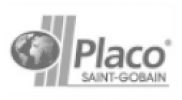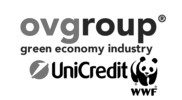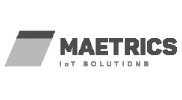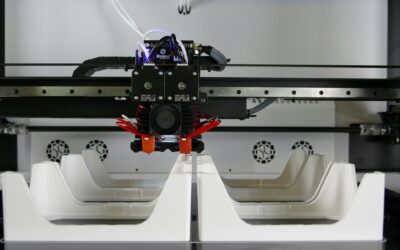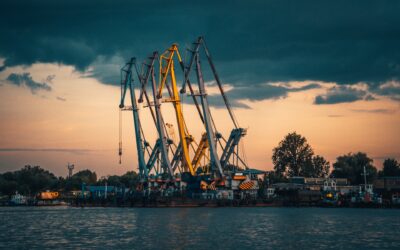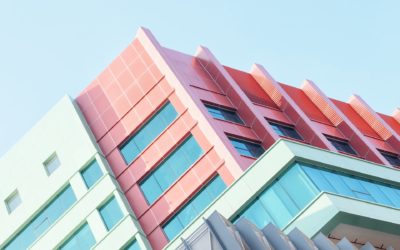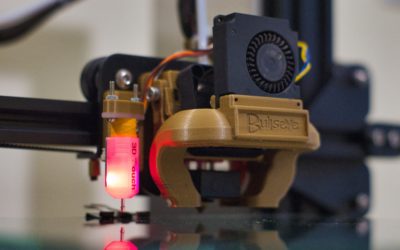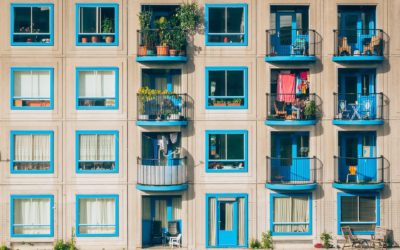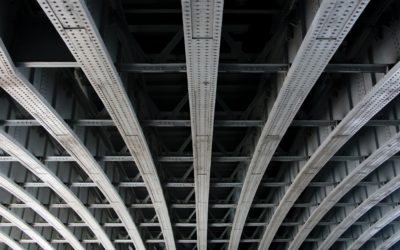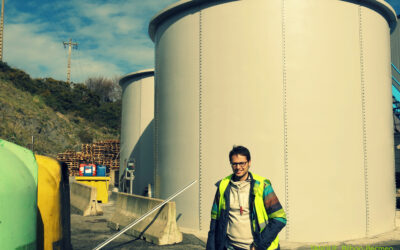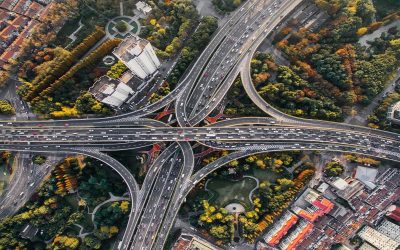CARTI PROJECT
REZBUILD
Creation of a collaborative rehabilitation ecosystem, integrating innovative technologies
Description
The main objective of the REZBUILD project is to create a collaborative rehabilitation ecosystem, integrating innovative technologies, and focusing on the existing housing stock. The aim is to increase the annual rate of building renovation from the current 1% to try to reach 2.5%.
CARTIF, in collaboration with VIAS, is responsible for the development of 3D printing systems for façade renovation.
The REZBUILD consortium brings together 13 partners from 5 different countries: Officinae Verdi Group (Italy) as project coordinator; VIAS, CARTIF, Comunidad de Madrid, Saint-Gobain Placo Ibérica, ONYX Solar and Zabala Innovation Consulting (Spain), ESTIA (France), SINTEF and OBOS (Norway), University of Nottingham (UK) and Rimond (Italy).
Objectives
- Energy reduction: A reduction of energy consumption of at least 60% through the developed decision strategy.
- Time saving: A reduction of installation times by at least 30% compared to traditional renovation work.
- Payback period: A payback period of less than 12-15 years using the renovation technologies developed in the project.
Actions
-
Design and implement a multi-collaborative rehabilitation ecosystem as an accessible platform.
-
To develop advanced and cost-effective technologies for housing rehabilitation that improve comfort and demonstration in three different types of housing.
-
Define new business models to accelerate the renovation of existing buildings.
-
New training procedures for the necessary new highly qualified jobs.
Expected results
-
Reduction of at least 60% in energy consumption while improving indoor environmental quality.
-
Decrease the installation time by at least 30% compared to typical renovation process.
-
Demonstration of a high replicability potential and a large market uptake capacity.
-
Affordability considering all costs involved, with a payback period below 15 years.
-
New generation of skilled workers and SME contractors capable to apply a systemic approach to renovation.
Partners:
Horizon 2020
768623

Total budget: 9.038.208,75 €
CARTIF budget: 523.212,5 €
Duration: October 2017 – September 2021

Responsible
José Mª Llamas
Project manager at Cartif
Industrial and Digital Systems Division
joslla@cartif.es
Networking
Infraestructures projects:
DIAMETER
In the DIAMETER project, the physical-experimental results of the 3D metal additive manufacturing processes will be contrasted with computational simulations, with the aim of predicting the behaviour of the parts under different modifications of the process.
CLEANPORTS
CARTIF Projects CLEANPORTSResearch of intelligent and sustainable nay solutions for the automation of logistics and advanced intermodal processes from por to last mile.DescriptionThe main objective of the project is to improve logistics processes for the complete...
INPERSO
INPERSO is a holistic project of deep renovation of buildings that address all its life cycle and combines industrialization and customization. INPERSO will integrate new technological components that joint with pre-manufacturing advantages, preintegration and 3D printing robotic will reduce drastically time and costs of the construction.
SESAMO
Design, configure, programme and adapt a system that facilitates and assists the user in their relationship with the cabinet doors.
Portable 3DPrinter
Portable 3D printer looks for the innovation in construction processes promoting the industrialization and customization of construction that 3D printing technologies provide.
Metabuilding Labs
To reach the COP21 goal of nearly-zero energy, zero emission buildings MBLabs Labs strives to unleash the innovation potential of the SMEs of the Construction sector by lowering the entry barriers to test innovative solutions in a network of testing facilities in RTOs and Living Labs in 13 countries
I-NERGY
The main objective of I-NERGY is to deliver an energy specific open modular frameork for supporting AI-on-demand in the energy sector.
I-NERGY contributes significantly to achieve a techno-economic optimal mangement of the EPES (Electric Power & Energy Services)
LIFE HUELLAS
LIFE-HUELLAS project looks for the enviroonmntal assessment of the life cycle of the rail transport to correctly assess its environmneta impact.
SORTI
The objective of the SORTI project is to develop optical systems based tools and new technologies to properly identifying, monitoring and managing of structural risks in buildings.
REPARA 2.0
REPARA 2.0 aims to develop new technologies and methodologies that support infrastructure management and allow the rehabilitation and conservation of any type of road at a lower economic and environmental cost.
SALUS
SALUS project appears due to the lack of techniques able to detect geomembrane damages before these cause the rupture, and therefore, the environmental pollution
WTANK
development of a new tank of more than 2000m3 by means of a new production process called ‘flex moulding’ and materialised with fibreglass reinforced polymeric composite panels (FRP) for application in the wastewater treatment sector.
REHABCAR
El proyecto REHABCAR (REHABilitación de CARreteras y autopistas) desarrolló nuevas herramientas para la transformación de las carreteras y autovías existentes en infraestructuras económicamente sostenibles y de alta calidad para prolongar su vida útil y adaptarlas a las nuevas necesidades del tráfico.



